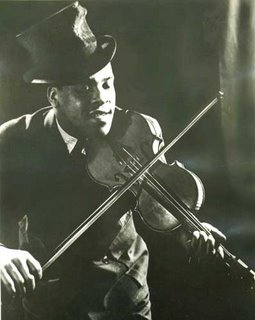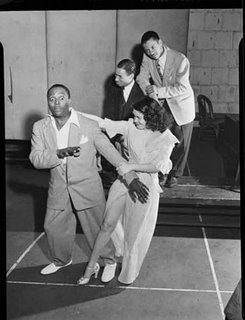
"Satire is tragedy plus time. You give it enough time, the public, the reviewers will allow you to satirize it."
Abe Saffron, "colourful Sydney racing identity", died on Sept 14, 2006.
In 1962 Abe bought out Lenny Bruce, who walked out on stage in his first show in Sydney and said "What a fucking wonderful audience". He was promptly arrested and banned from performing in Australia.
On Sgt. Pepper's Lonely Hearts Club Band 12" (1967) the cover art depicts Lenny Bruce, top row, fourth from left.
His last performance was on June 26, 1966 at the Fillmore in San Francisco, on a bill also featuring Frank Zappa and The Mothers of Invention.
Lenny Bruce - Cat of The Week



